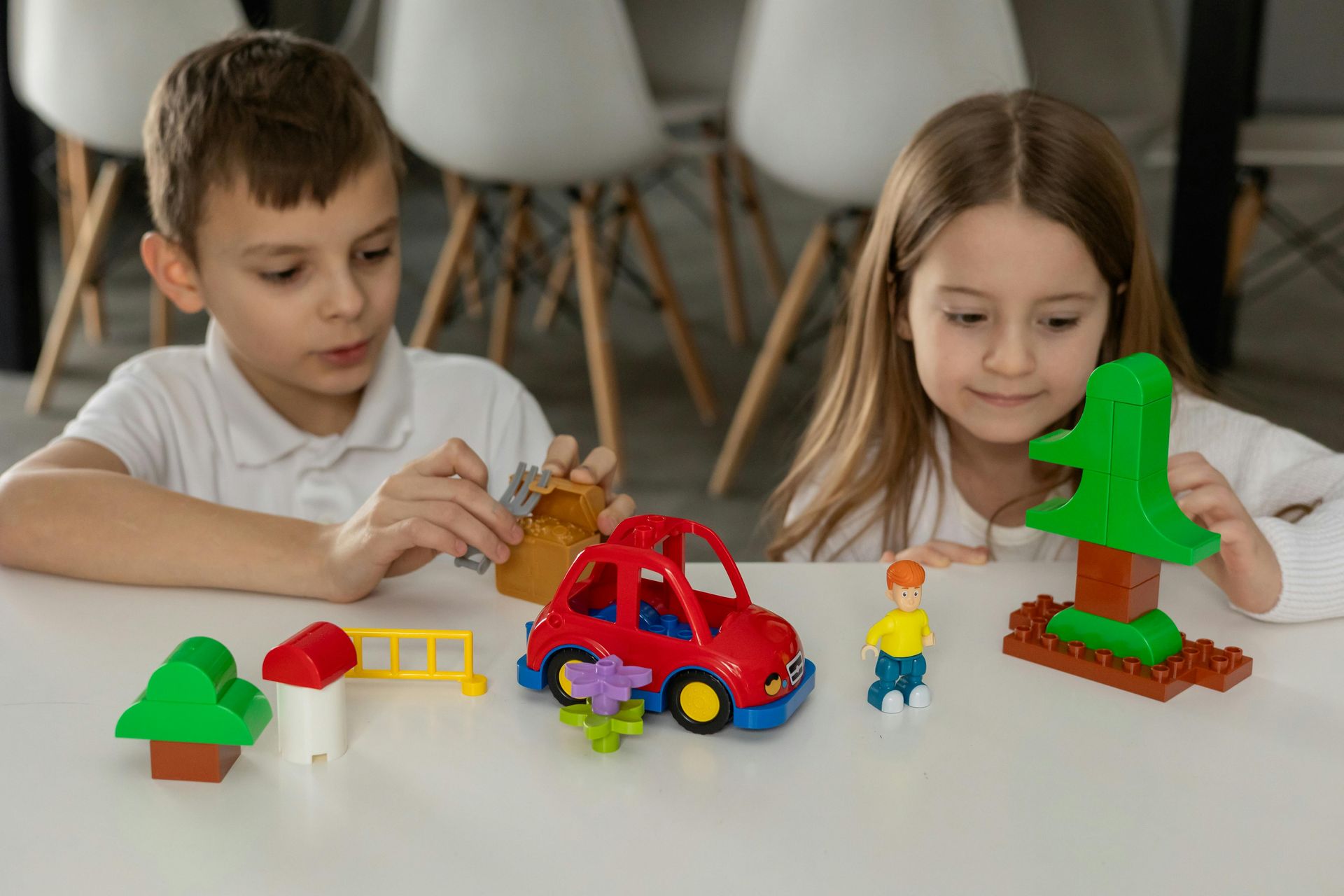Daytastic ABA Blog
Resources to Equip & Empower Parents & Caregivers of Children with Autism

The wider world of ABA is vast and varied. It includes addiction recovery, post injury rehabilitation, aging populations, anxiety treatment, and more. But at Daytastic ABA we remain committed to the hearts and hands of early intervention because we believe that when we support a child, we change the future.

Acceptance and Commitment Training offers a powerful and compassionate framework for enriching ABA practice. By addressing the internal barriers that interfere with learning, ACT helps clients develop psychological flexibility, build resilience, and live in accordance with their values even when it's uncomfortable.

Integrating relational frame training into ABA programs doesn’t replace foundational skills—it builds upon them. It ensures that learners are not just following instructions but understanding relationships, solving problems, and connecting with others in meaningful ways...This approach not only enhances clinical outcomes but also aligns with the broader mission of behavior analysis: to improve the quality of life for those we serve.

So, what does a BCBA do in ABA? They assess, plan, teach, supervise, support, and care. They bring knowledge, compassion, and a deep commitment to helping children grow. They are an essential part of your ABA team and a trusted partner in your child’s success.
At Daytastic ABA, our BCBAs are passionate about helping children reach their full potential. We are honored to work alongside families and to be part of each child’s journey.

At Daytastic ABA, meeting a child at their level means more than adjusting instruction. It means taking time to understand how your child learns, how they communicate, what they enjoy, and what they find challenging. It means seeing your child not only through the lens of data or skill acquisition but as a whole person. A person who deserves to be understood, respected, and supported with compassion.









